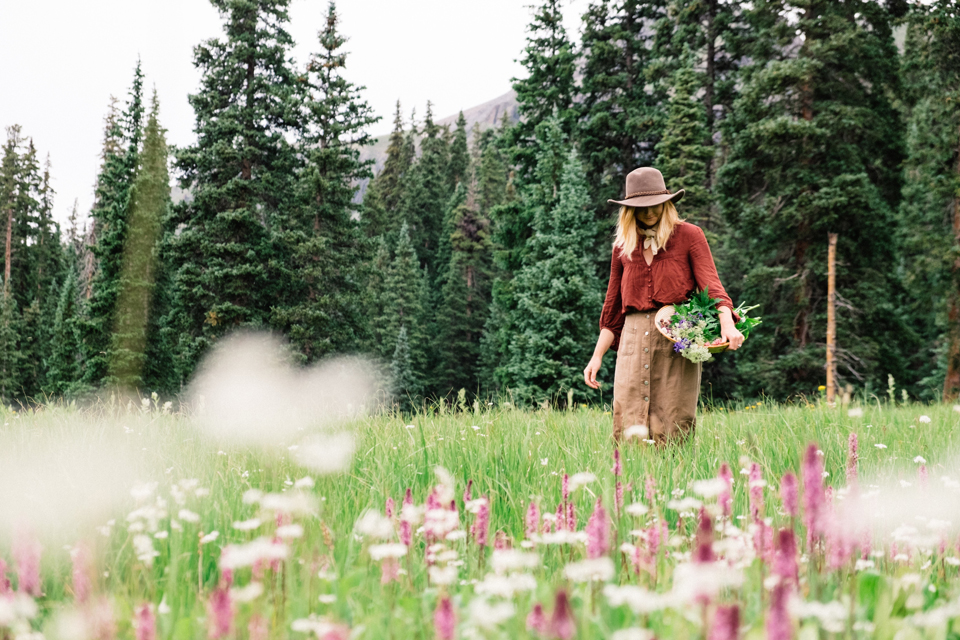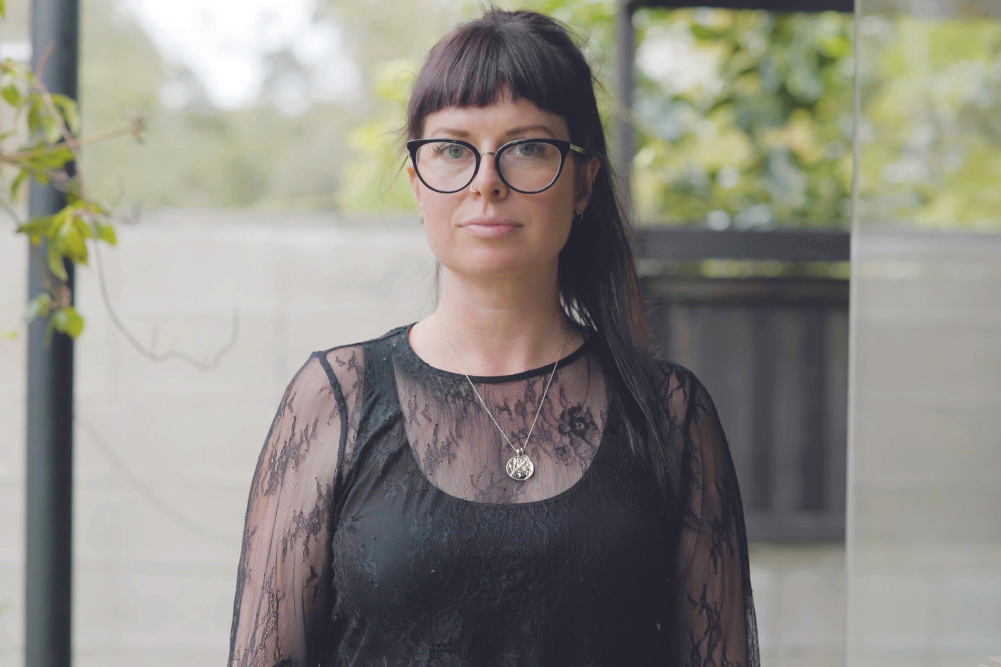When was the last time you made a friend? Perhaps this person came into your life unexpectedly, yet the relationship blossomed as you were open to letting them in. As we get older these occurrences can be less likely, as people tend to establish friendship groups in their late teens and twenties and then feel they don’t “need” any more friends. We might feel too busy to get to know someone new or unsure how to even meet potential pals.
“Many of us go through stages in life where our focus and energy for our friendships fluctuate,” says counsellor and psychotherapist Wendy Gilroy. “When we’re young, we’re surrounded by friends so much of the time. Friends help shape who we are through play, learning, sports activities and generally having fun,” she continues.
“By the time we reach adulthood and we have a stronger sense of who we are, some of us may not rely on friends as much as we once did,” Wendy says. “For others, the demands of everyday life once they have a family can hold them back from maintaining friendships, and the thought of making new friends when life feels so busy can seem too hard.”
Cherish random encounters
While many of my friends were made through common scenarios such as studying or working together and by sharing similar interests and hobbies, others I’ve met more randomly. Backpacking through England 15 years ago (as detailed in my solo travelling article in issue 04 of Being titled “Going it alone”), I found myself waiting at a bus shelter for the London to Manchester service. The coach had been delayed by several hours and me and the other travellers were getting frustrated. I sat next to a young woman and we started chatting. I learned that, like me, her name was Sam, we were close in age and she was also getting antsy at the schedule disruption.
“I remember I was panicking as I needed to get to work, and you told me you needed to meet someone to couch surf with,” says Sam Owen. “I was worried you were going to be homeless for the night. I went to catch the train whereas you waited for the bus, so I gave you my number in case you got stuck and on the off chance I was prepared to let you crash for the night. You didn’t look like the classic axe murderer so I thought I’d be safe, but I did spend the evening wondering if you did call, how was I going to let a random stay?”
Our encounter had only lasted about half an hour, and while I didn’t need to call on Sam for the accommodation offer, we met up a few days after. “I was intrigued and envious of your solo travelling,” says Sam. I loved her accent, sense of humour, faith in humanity (handing out her number like that!), and caring and outgoing nature. We’ve maintained and strengthened our friendship over the years, as I’ve since visited Sam several more times in Manchester, and Sam and her husband have stayed with my partner and I in Melbourne. We chat regularly through Facebook and WhatsApp, which have helped keep us connected.
Thinking about how Sam and I met, I’m grateful that smartphones weren’t as prevalent back in 2005 as they are now, as I might not have looked up from it to strike up a conversation while waiting for that bus. Yet Sam points out that our friendship wouldn’t be as strong without technology, given we live on opposite sides of the globe. “If we didn’t have smartphones and if social media hadn’t been developed, we would have found it very difficult to have kept in touch,” says Sam. “It appears technology has replaced personal interaction but has also created and developed a lot of existing friendships.”
Display open body language
When it comes to personal interaction, it’s important to be present with others, no less so than when you’re meeting someone for the first time. Wendy encourages open body language as a way of making yourself more welcoming to others. “Have your shoulders back, arms uncrossed and face the person you’re meeting. Have a genuine smile, maintain eye contact during conversation and be an active listener,” she says. “You could also show interest in the other person by asking questions, using empathy or offering to help them out in some small way should an opportunity arise.”
It’s not uncommon to feel nervous or self-conscious when meeting new people, as most people care about what others think of them. “Ultimately we want to feel like we fit in or that we’re accepted by others,” says Wendy. “Acknowledging that most people around you are probably feeling the same can help you get through this fear. Being kind to yourself can help reduce any nervousness or anxiety when it comes to meeting new people.”
Have an open mind
Whether you have a long list of criteria for potential friends or preconceived ideas about who you’d click with, broaden your thinking. Wendy says that by being non-judgemental towards others, we can be open to making new friends more easily. You might find that the first impression you had of someone changes for the better. If you’re not particularly impressed by them and have nipped in the bud any chance of connection, you might miss out on a meaningful relationship.
“Sometimes we can be quick to judge others we meet, and much of this happens subconsciously in those first few seconds,” says Wendy. “But if you allow yourself to be a little more open, despite appearances, age differences, interests and different cultural upbringings, you might surprise yourself with what may develop in time,” she continues. “Try to keep an open mind, because those first impressions aren’t necessarily a true indicator of the real person who’s standing in front of you,” she says. “A beautiful and invaluable friendship may blossom weeks, months or even years down the track!”
As Wendy points out, while some friendships might spark immediately, others take time to develop. Just because one is slower to establish doesn’t mean it’s less worthwhile than one that hits the ground running.
Welcome new people in
“Research has shown us that good friendships lead to greater health and happiness in our life,” says Wendy. “Friendships allow us to create meaningful bonds with others, which is a way to help others and ourselves feel happy throughout our lifetime.”
Quality over quantity is of course important when it comes to friends. What’s the point of clocking up hundreds of connections on social media if you don’t have one person you can have a heart-to-heart with? Yet sometimes we can believe we have enough friends and not let new people in. By thinking this way you might miss out on the type of friendship that brings you to your knees with laughter, gives you a partner in crime, offers a different perspective or opens your eyes up to a new way of living.
Want to learn more about being connected? Visit our connected archive page.




